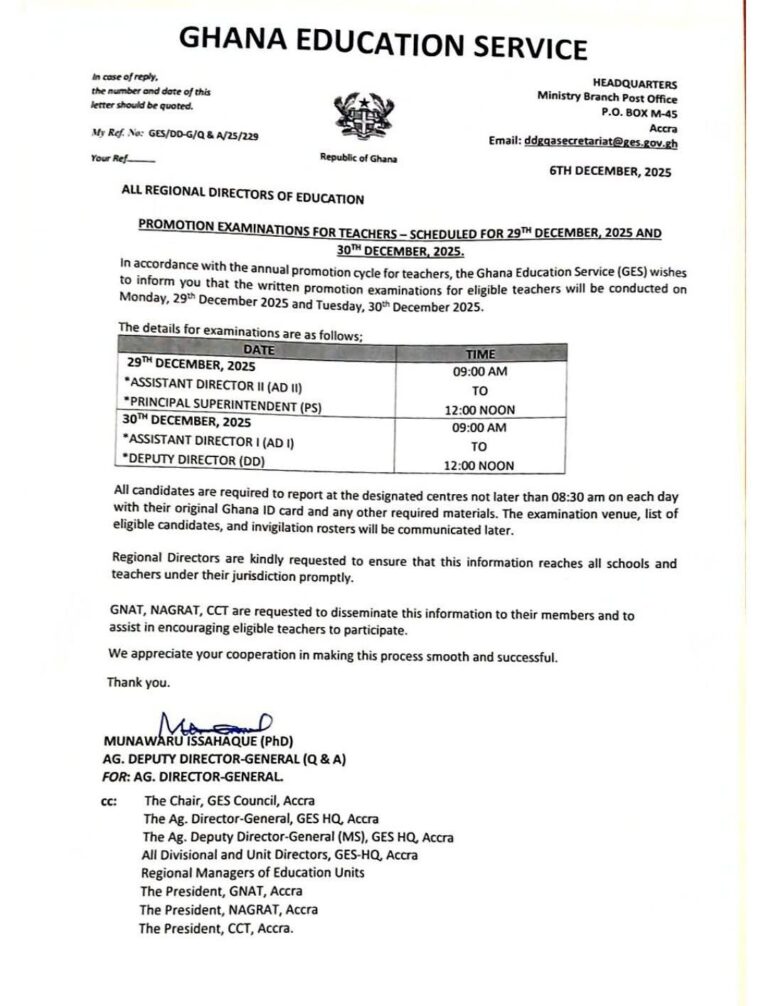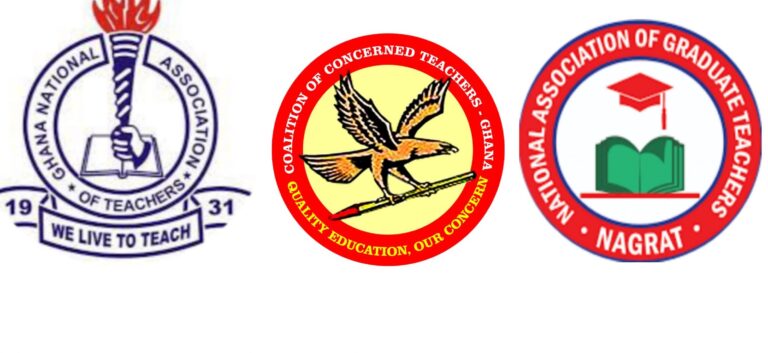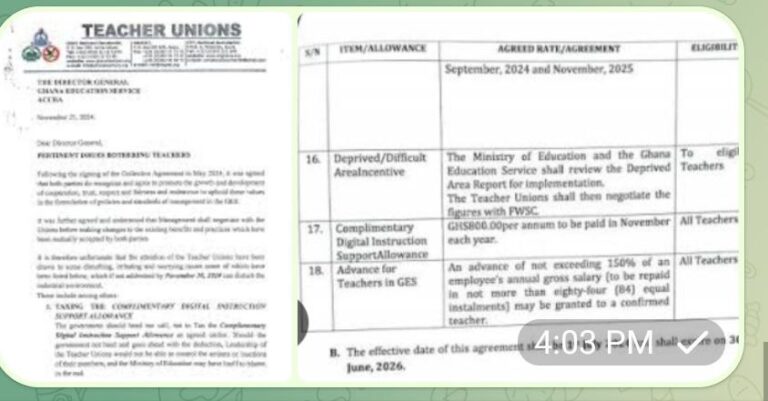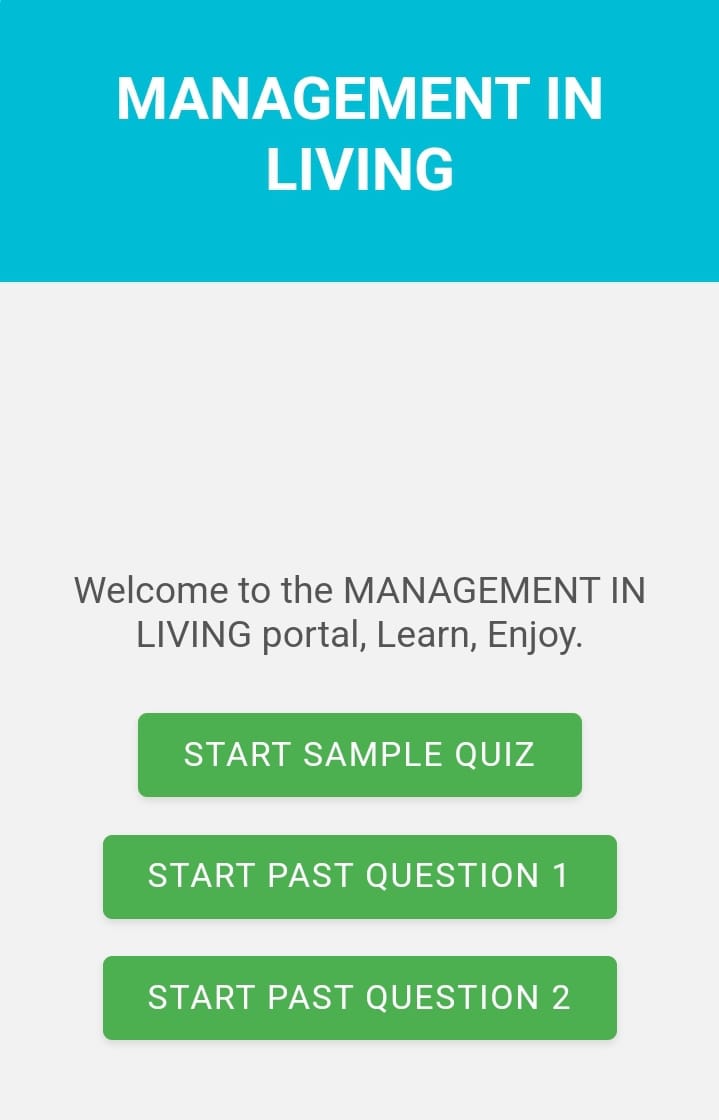
Management in Living: Content, Competencies, and Curriculum Guide
Table of Contents
Introduction
Management in Living equips learners with essential life skills across four core disciplines:
-
Management Principles & Resource Management
-
Family Life Education
-
Housing and Housing Management
-
Financial Management & Consumer Education
This guide breaks down competencies, descriptive statements, and assessment focus for each area.
Content Areas Breakdown
1. Management Principles and Resource Management
Competencies:
-
Understand management concepts (needs, values, goals).
-
Apply decision-making processes (steps, choices).
-
Use management processes (planning, implementation, evaluation).
-
Manage resources (time, energy, classification).
Key Topics:
✔ Scope of management
✔ Motivators (needs, values, standards)
✔ Decision-making vs. choices
✔ Resource types and characteristics
2. Family Life Education
Competencies:
-
Adolescent reproductive health (hygiene, consequences of growth).
-
Family structures (types, roles, life cycle).
-
Marriage (purposes, partner selection, types in Ghana).
-
Family conflict resolution (causes, effects, management).
Key Topics:
✔ Adolescence vs. adolescent
✔ Functions of the family
✔ Marriage benefits and factors
✔ Crisis management strategies
3. Housing and Housing Management
Competencies:
-
Housing concepts (designs, regulations).
-
Acquiring a house (factors influencing choice).
-
Housing environment (utilities, ventilation, sanitation).
Key Topics:
✔ Types of house designs
✔ Home furnishing and maintenance
✔ First aid for household accidents
✔ Sanitation and prevention
4. Financial Management & Consumer Education
Competencies:
-
Income & budgeting (family income classification).
-
Financial security (savings, insurance, credit).
-
Consumer rights (protection agencies, advertising).
Key Topics:
✔ Budgeting and retirement planning
✔ Advantages/disadvantages of credit
✔ Roles of the FDA, Ghana Standards Authority
✔ Advertising media and impacts
Table of Specifications
Assessment Weighting Across Cognitive Levels:
| Content Area | Recall (15%) | Skill/Concept (25%) | Strategic Thinking (30%) | Extended Thinking (30%) | Total |
|---|---|---|---|---|---|
| 1. Management Principles | 1 | 1 | 2 | 1 | 5 |
| 2. Decision Making | 1 | 0 | 2 | 3 | 6 |
| 3. Family Life Education | 3 | 5 | 6 | 8 | 22 |
| 4. Housing Management | 4 | 8 | 8 | 7 | 27 |
| 5. Financial Management | 4 | 4 | 5 | 5 | 18 |
| Total | 15% | 25% | 30% | 30% | 100% |
Key Takeaways
-
Highest weightings: Housing Management (27%) and Family Life (22%).
-
Critical thinking (Levels 3 & 4) dominates 60% of assessments.
-
Practical application is emphasized in Financial Management and Housing.
Tips for Learners:
-
Use case studies for decision-making and conflict resolution.
-
Practice budgeting simulations for financial literacy.
-
Explore Ghana’s housing regulations for real-world context.
For the past question, click here: https://ntc.gov.gh/practice_test/mil/
Follow us on WhatsApp for more updates: https://whatsapp.com/channel/0029VaCyYGIFHWpx22L38a2K
Seekers Consult
Contact Us for Your Study Abroad Journey
We search for schools and check available scholarships for you
Contact: 0550414552 / 0362297079
Loan for government workers
Transcript Application
English Proficiency
Recommendation letter
Project work/thesis for undergraduate, master’s, and PhD students.


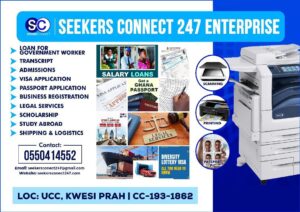 Content Areas Breakdown
Content Areas Breakdown